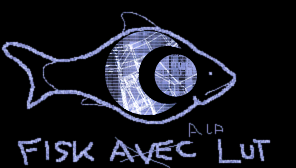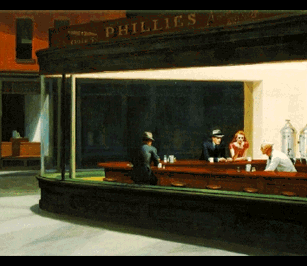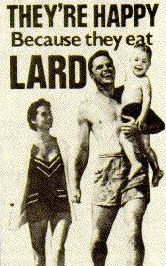terminal 0
unfinished
Lutefisk is made from air-dried whitefish (normally cod), prepared with lye, in a sequence of particular treatments. The first treatment is to soak the stockfish in cold water for five to six days (changed daily). The saturated stockfish is then soaked in an unchanged solution of cold water and lye for an additional two days. The fish will swell during this soaking, regaining a size even bigger than the original (undried) fish, but the protein content paradoxically decreases by more than 50 percent, causing its famous jelly-like consistency. When this treatment is finished, the fish (saturated with lye) has a pH value of 11–12, and is therefore corrosive. To make the fish edible, a final treatment of yet another four to six days (and nights) of soaking in cold water (also changed daily) is needed. Eventually, the lutefisk is ready to be cooked. In Finland, the traditional reagent used is birch ash. It contains high amount of potassium carbonate and hydrocarbonate, giving the fish more mellow treatment than sodium hydroxide (lyestone). It is important not to incubate the fish too long in the lye, because saponification of the fish fats may occur, effectively rendering the fish fats into soap. The term for such spoiled fish is saippuakala (soap fish).
After the preparation, the lutefisk is saturated with water and must therefore be cooked carefully so it does not fall into pieces. It does not need any additional water for the cooking; it is enough to place it in a pan, salt it, seal the lid tightly, and let it steam cook under a very low heat for 20–25 minutes. It is also possible to do this in the oven. The fish is then put in an ovenproof dish, covered with aluminium foil, and baked at 225 °C (435 °F) for 40–50 minutes. When cooking and eating lutefisk, it is important to clean the lutefisk off of pans, plates, and utensils right away. Lutefisk left overnight becomes nearly impossible to remove. Lutefisk is usually served with a variety of side dishes, including, but not limited to, bacon, green pea stew, potatoes, meatballs, gravy, mashed rutabaga, white sauce, syrup, geitost (goat cheese), or "old" cheese (gammelost). Especially in the U.S., it is usually eaten with lefse. Even if the common denominator is lutefisk, side dishes vary greatly from family to family and region to region, and is a theme of recurring controversy when different "traditions" of lutefisk-eaters meet and eat together. Text cribbed from http://en.wikipedia.org/wiki/Lutefisk.




